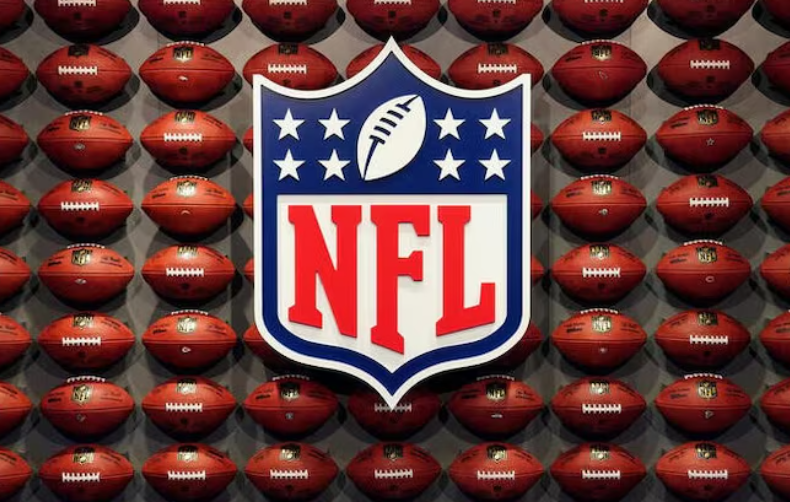The National Football League asked a judge to dismiss a $4.7 billion class action jury verdict, calling the amount “nonsensical” and denying that evidence showed subscribers of its “Sunday Ticket” telecasts had been overcharged.
In its Wednesday filing, the NFL described the verdict as “among the largest in American history and also among the least defensible.” The league requested the court to either overturn the jury’s award or grant a new trial.
On June 28, a Los Angeles federal jury determined that the NFL used agreements with broadcast partners to restrict the availability of “Sunday Ticket,” allowing DirecTV to charge artificially higher prices as its former sole distributor. The jury awarded $4.6 billion based on 24.1 million residential subscriptions throughout the 12-year class period and $96.9 million based on about 506,780 commercial subscriptions for bars and restaurants, court records show.
A residential subscription to “Sunday Ticket” now costs as much as $449 through its current distributor, Google’s YouTube. DirecTV and Google were not defendants in the trial. U.S. antitrust law allows for the tripling of damages awards, and the plaintiffs asked U.S. District Judge Philip Gutierrez on Tuesday to award them more than $14 billion.
“Sunday Ticket” is the only broadcast option for fans to watch their teams play out-of-market games. The lawsuit claimed “Sunday Ticket” prices were inflated to limit subscriptions and protect distribution rights fees that CBS and Fox paid to air games in local markets.
The NFL and attorneys for the plaintiffs did not immediately respond to requests for comment. In its post-verdict filing, the league argued that the court should have barred two “unreliable” experts for the plaintiffs from testifying.
The NFL stated that jurors did their “own unfounded math” and that the amount they awarded unfairly used the list price for “Sunday Ticket” and treated subscriber discounts as overcharges. The league warned that allowing the verdict to stand would “threaten to upend the entire structure by which content is created, distributed, and priced.”
A hearing in the case is scheduled for July 31.

